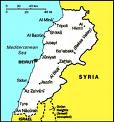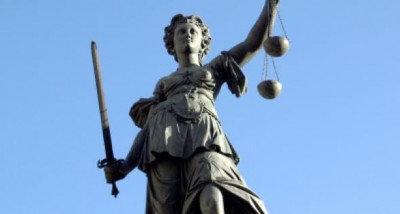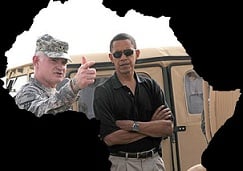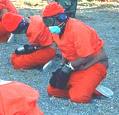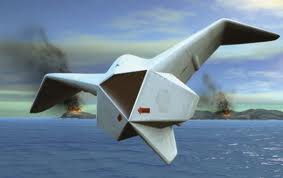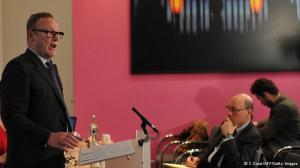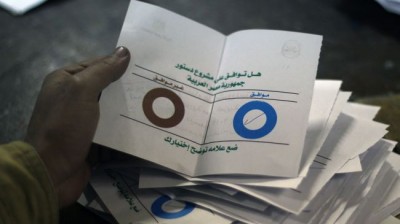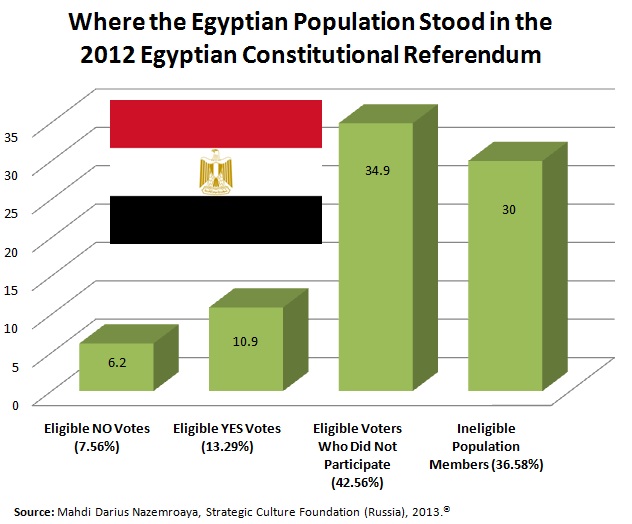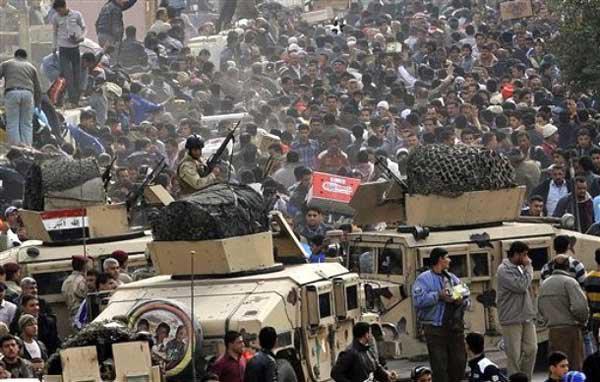Israel Attacks Lebanon
Global Research, January 30, 2013
Lebanon’s Naharnet news site said 12 Israeli fighter jets entered Lebanese air space in the last 24 hours. Flights overflew the Beka Valley.On Saturday, Lebanon’s Al-Mustaqbal daily said a southern weapons storage facility was struck. No official confirmation followed.
Lebanon’s Daily Star headlined “Israel hits target in Lebanon-Syria border area – sources,” saying:
According to four unnamed Western diplomats and regional security sources, “Israeli forces attacked a convoy on the Syrian-Lebanese border overnight.”
Little further information followed. Israel warned earlier about “high-tech anti-aircraft and anti-tank missiles reaching Israel’s enemies.” Chemical weapons concerns were raised.
Lebanese military sources reported multiple Israeli incursions into Lebanon’s airspace overnight.
According to one source:
“There was definitely a hit in the border area.” Without elaborating, he said “something happened.”
Another said “The Israeli air force blew up a convoy which had just crossed the border from Syria into Lebanon.”
An IDF spokeswoman said “We do not comment on reports of this kind.”
France’s Le Figaro said Israeli aircraft attacked an alleged weapons convoy traveling from Syria to Lebanon. It’s not clear if it occurred in Syrian or Lebanese territory.
On Sunday, Israeli Vice Premier Silvan Shalom said “The entire world has said more than once that it takes developments in Syria very seriously.”
Negative developments would have to be addressed, he added.
Deputy Foreign Minister Danny Ayalon said Israel won’t “compromise on the security of the northern front.”
On January 29, Al-Monitor said IDF intelligence chief Maj. Gen. Aviv Kochavi traveled to Washington to meet US Pentagon officials. Whether doing so is connected to Israel’s attack isn’t clear.
Netanyahu held recent security meetings. Discussions focused on Syrian and Lebanese issues. Cabinet members were told:
“It is necessary to look at our surroundings, both at what is happening with Iran and its proxies, and what is happening in other arenas – lethal weaponry in Syria, which is steadily breaking up.”
Israel Air Force commander, Major General Amir Eshel, said Syria is “falling apart. Nobody has any idea right now what is going to happen in Syria on the day after, and how the country is going to look.”
“This is happening in a place with a huge weapons arsenal, some of which are new and advanced, and some of which are not conventional.”
On January 20, Mossad-connected DEBKAfile said “Israeli aircraft target(ed) Hizbollah missiles in Zabadani. S. Syria.”
Israeli aircraft struck “missile and arms convoys standing ready in southern Syria for transfer to Hizbollah in Lebanon, according to Western sources.”
On Sunday, Israel deployed two Iron Dome missile defense systems. They’re stationed on Israel’s Golan border. Their effectiveness is way overblown.
UN observers monitoring Syria’s border with Israel were withdrawn. At issue is why. Netanyahu’s stoking fear. He does it repeatedly on Iran. Whether he’s got something else in mind now bears close watching.
Stephen Lendman lives in Chicago and can be reached at lendmanstephen@sbcglobal.net.
His new book is titled “Banker Occupation: Waging Financial War on Humanity.”
Visit his blog site at sjlendman.blogspot.com and listen to cutting-edge discussions with distinguished guests on the Progressive Radio News Hour on the Progressive Radio Network Thursdays at 10AM US Central time and Saturdays and Sundays at noon. All programs are archived for easy listening.
